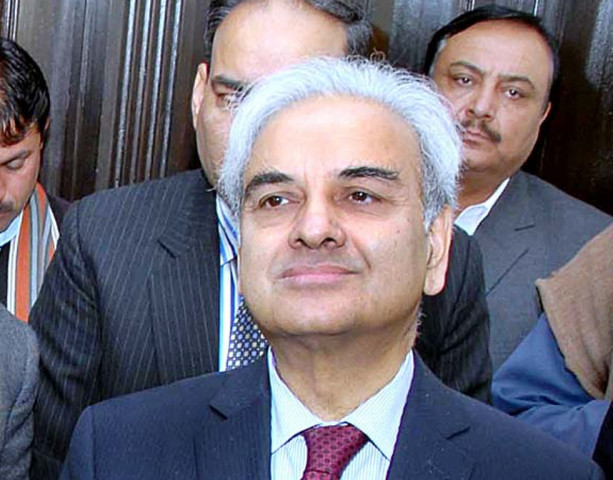Judgment reserved: Supreme Court to outline high courts’ role in post-poll disputes
CJ sees myriad of poll related cases if high courts are allowed to hear petitions

The three-member bench of the apex court, headed by Chief Justice Nasirul Mulk was hearing a set of identical petitions related to disputes that emerged during last year’s contentious general elections.
During the hearing, the chief justice observed that in case the window allowing the high courts to entertain election disputes is not shut, it would open floodgates of election related litigations.
The judge pointed out that under the law, election tribunals are not subordinate to high courts but they are constitutional institutions. While referring to Article 203, the chief justice said that the high court can only monitor the lower courts within its administrative domain.
Justice Gulzar Ahmed observed that jurisdiction of the election tribunals was for a limited time since they had to decide matters in four months.
“If the election disputes are not decided in 120 days and remained undecided for pendency in high courts or the apex court, the entire scheme of law would be frustrated”, the judge added.
Further, Justice Amir
Hani Muslim said that the purpose of the election tribunal was to decide the election disputes immediately.
However, representing the government, Deputy Attorney General Khawaja Ahmed Hussain supported the high courts’ jurisdiction to entertain appeals against interim orders by the tribunals.
“The window of opportunity available with the litigants at the interim stage by approaching the high courts should not be shut,” he argued.
The tribunals in some of its interim orders directed verification of thumb impressions of voters in certain constituencies. The successful candidates challenged the interim orders of different tribunals before the respective high courts.
However, the high courts rejected these petitions on the grounds that they do not have the jurisdiction to entertain interlocutory orders of the tribunals in view of the constitutional bar under Article 225 of the Constitution which only empowers the tribunals to determine controversies relating to the post-election litigations.
During Thursday’s proceedings statutory interpretation was sought over whether Article 225 ousts the jurisdiction of the high courts with regard to post election disputes and whether the bar contained in Article 225 is absolute.
Furthermore, the court’s interpretation was also sought over whether the jurisdiction of the high court under Article 199 of the Constitution can be exercised against interlocutory orders passed by the election tribunal during the trial.
Published in The Express Tribune, September 26th, 2014.



















COMMENTS
Comments are moderated and generally will be posted if they are on-topic and not abusive.
For more information, please see our Comments FAQ